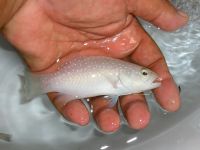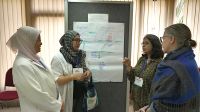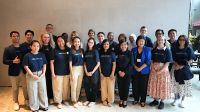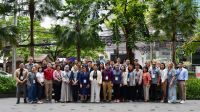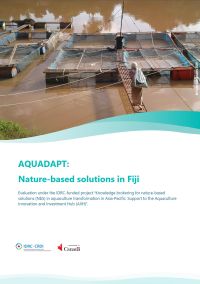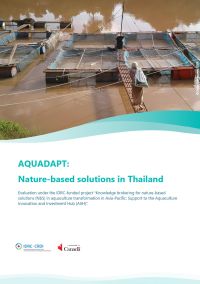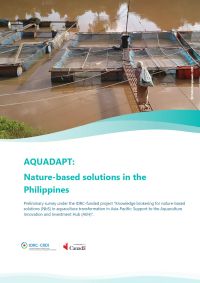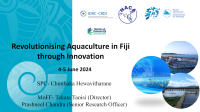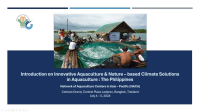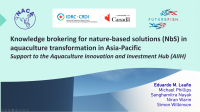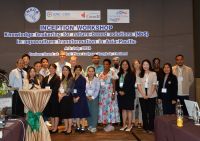Knowledge brokering for nature-based solutions in aquaculture and transformation in Asia-Pacific: Support to the Aquaculture Innovation and Investment Hub
7 August 2024 | 29472 views | Emerging Global Issues, Environment and Sustainability, Food Security, Safety and Certification, Gender, Genetics and Biodiversity, Governance and Policy, Health and Biosecurity, Livelihoods, gender and social issues, Philippines, Thailand
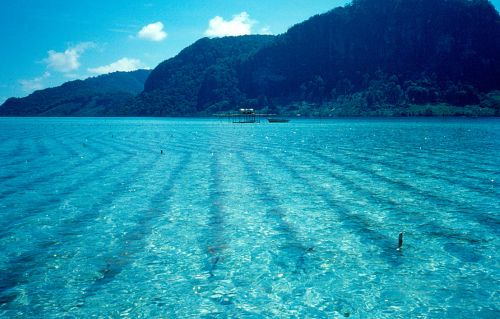
This project contributes to NACA's recent work with the FAO on aquaculture transformation. The aim is to create more efficient, inclusive, resilient, and sustainable food systems through innovation, investment, and partnerships.
FAO and NACA published a white paper on aquaculture transformation, developed through extensive consultations, that provides a vision for transforming Asia-Pacific aquaculture by 2030.
NACA is developing an Aquaculture Innovation and Investment Hub (AIIH) to help realise this vision in the region, providing a facility that will bring together innovators, startups, and investors to accelerate transformation.
The project will contribute to developing National Innovation and Investment Plans for Thailand, The Philippines, and Fiji and the development of the hub. This will involve a baseline assessment of industry structure, performance, policies, innovation and investment activities, status, and needs. This scoping study will address challenges including climate change, disease prevention and management, environmental sustainability, gender equality and social inclusion, and resource utilisation and management.
The project is part of a wider AQUADAPT initiative, a four-year partnership running from 2023-2027, funded by Canada's International Development Research Centre. AQUADAPT addresses the intertwined challenges of climate change, biodiversity loss, and food insecurity through applied research on nature-based solutions in aquaculture in Southeast Asia and the Pacific region. AQUADAPT emphasises Gender Equality and Social Inclusion, ensuring that nature-based solutions are inclusive of all genders and marginalised groups.
Creative Commons Attribution.
